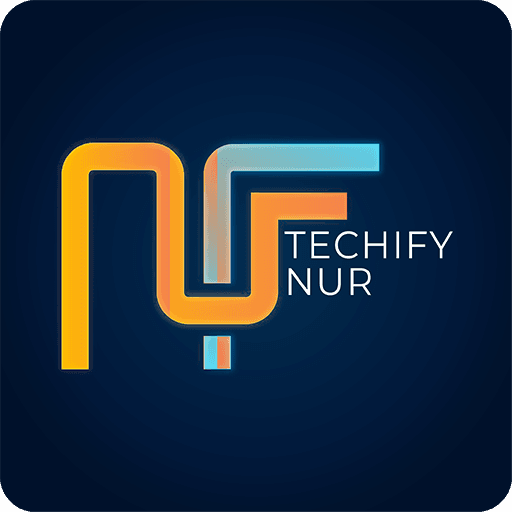Healthcare has always faced critical challenges—high costs, long patient wait times, human errors in diagnosis, and limited access to quality care, especially in rural areas. With a growing global population, medical professionals are under increasing pressure to provide accurate, fast, and personalized treatment. Traditional healthcare systems often struggle with inefficiencies, leading to delayed diagnoses and ineffective treatments. These problems call for innovation that can enhance patient care while reducing the burden on healthcare professionals.
Agitation: Why This Matters
We’ve all heard stories of patients misdiagnosed due to human error, treatment delays due to administrative bottlenecks, or medical costs skyrocketing due to inefficiencies. Imagine if a simple AI-powered system could detect cancer at an early stage, saving lives before symptoms even appear. What if AI could predict disease outbreaks, allowing us to prepare in advance? The need for technology-driven healthcare has never been more critical. As patients, caregivers, and healthcare professionals, we all deserve a system that is faster, more accurate, and more accessible.
Solution: AI as a Game Changer in Healthcare
Artificial Intelligence (AI) is revolutionizing the healthcare industry by improving patient care, streamlining operations, and accelerating research. Let’s dive deep into how AI is transforming healthcare in ways we once thought impossible.
How is AI used in healthcare?
One of the most critical applications of AI in healthcare is medical diagnostics. AI-powered tools analyze complex medical data, such as MRI scans, X-rays, and pathology slides, with high accuracy.
Case Study: AI in Cancer Detection
A study published in Nature found that Google’s DeepMind AI outperformed human radiologists in detecting breast cancer. The AI model reduced false positives by 5.7% and false negatives by 9.4%, meaning fewer missed cases and unnecessary biopsies.
AI’s Role in Diagnosis
- Medical Imaging: AI detects abnormalities in CT scans and MRIs faster than radiologists, improving early diagnosis.
- Pathology: AI-driven software analyzes tissue samples to detect cancerous cells with over 90% accuracy.
- Blood Test Analysis: AI speeds up the detection of diseases like diabetes and heart conditions by identifying patterns in blood test results.
What are the benefits of AI in patient care?
AI is making patient care more efficient by reducing waiting times, personalizing treatments, and providing remote monitoring.
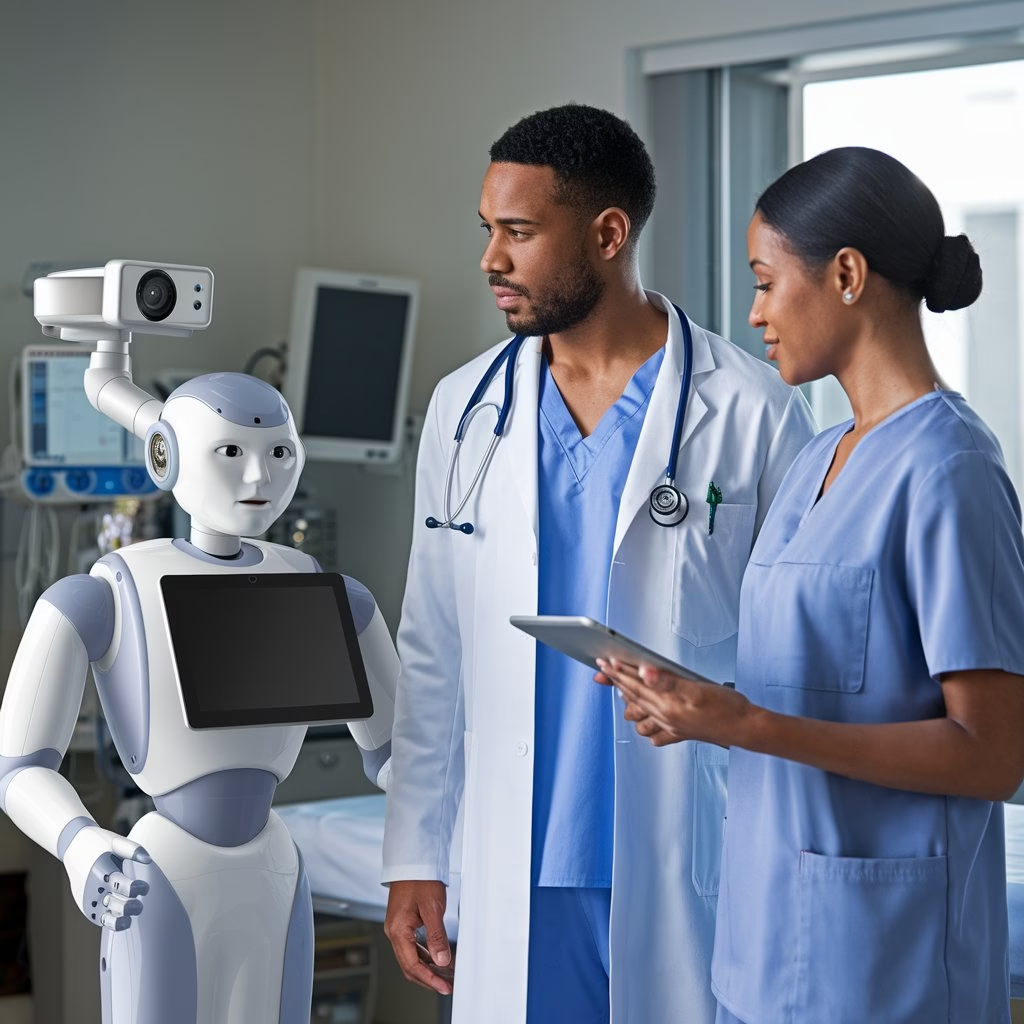
Virtual Health Assistants
Chatbots and AI-driven assistants answer patient queries, schedule appointments, and remind patients to take medications. IBM’s Watson Assistant is being used in hospitals to interact with patients and reduce administrative workload.
Remote Monitoring and Wearable Devices
Smart wearables like the Apple Watch and Fitbit use AI to track heart rate, oxygen levels, and even detect atrial fibrillation. AI-powered platforms help doctors monitor chronic disease patients remotely, reducing hospital visits.
Predictive Analytics in Patient Care
AI predicts disease progression based on a patient’s medical history. For example, AI can warn diabetics about potential complications by analyzing their glucose levels over time.
Can AI diagnose diseases better than doctors?
AI can analyze vast amounts of medical data faster than doctors, detecting patterns that might go unnoticed.
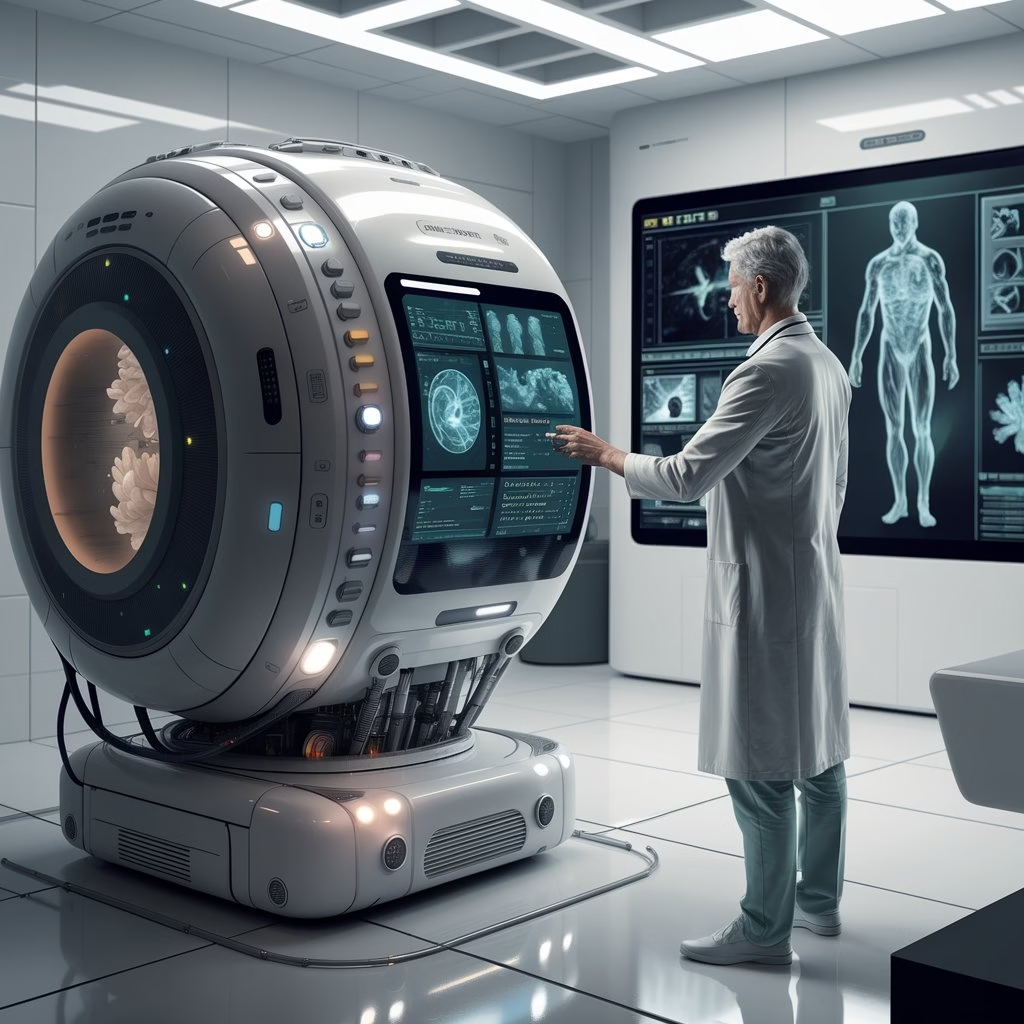
Example: AI in Radiology
AI systems like Google’s DeepMind and IBM Watson have been shown to diagnose diseases such as cancer and eye disorders with accuracy rates comparable to or better than human doctors.
Where AI Excels
- AI detects minute changes in scans that may be missed by human radiologists.
- AI provides data-driven second opinions, helping doctors make informed decisions.
- AI reduces human diagnostic errors, increasing patient safety.
What are examples of AI applications in healthcare?
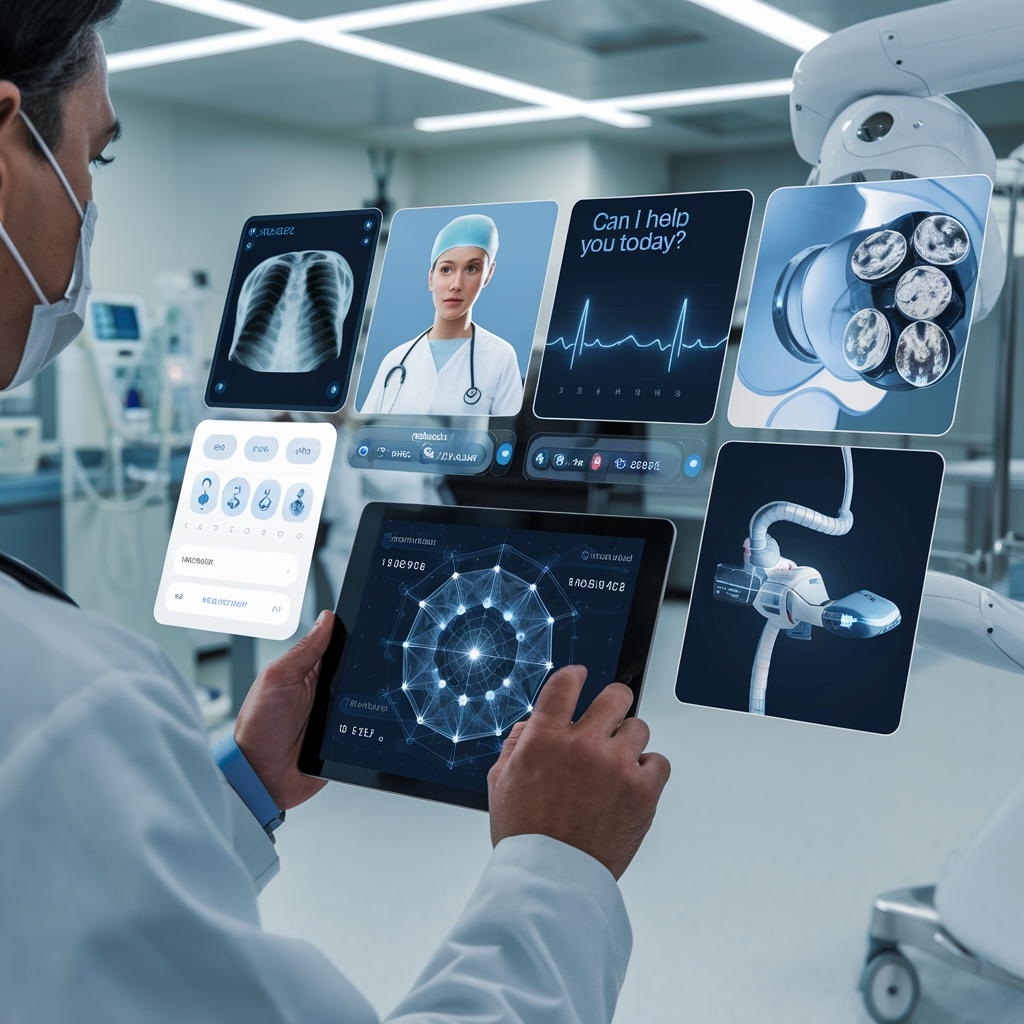
AI is used across various healthcare sectors, including diagnostics, drug discovery, surgery, and administrative tasks.
Key Applications
- Medical Imaging: AI enhances X-ray, CT scan, and MRI analysis.
- Surgical Assistance: AI-powered robotic systems like da Vinci assist in minimally invasive surgeries.
- Drug Discovery: AI speeds up the identification of new drug candidates.
- Administrative Tasks: AI automates medical billing, patient scheduling, and insurance processing.
How is AI revolutionizing healthcare research?
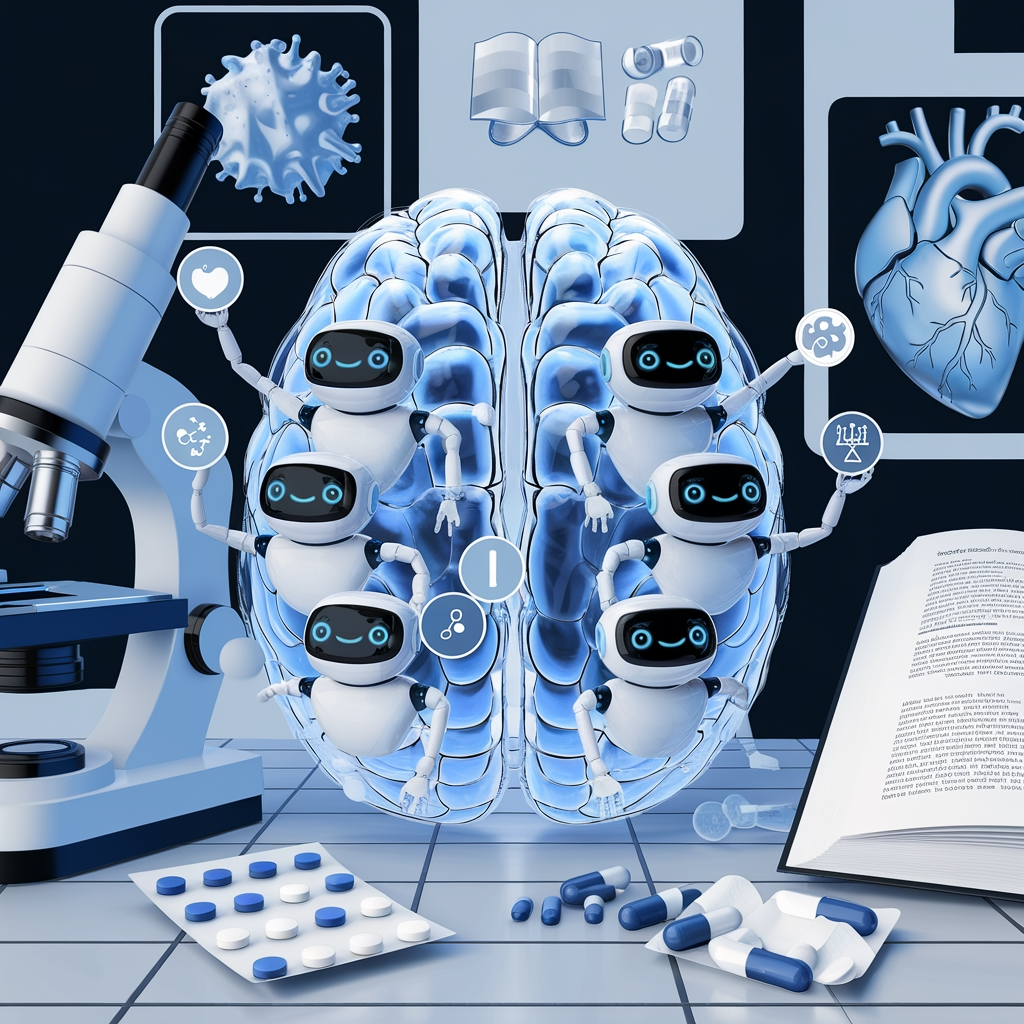
AI accelerates medical research by analyzing genetic data, predicting drug interactions, and identifying disease patterns faster than traditional methods.
AI’s Role in Research
- AI identifies potential treatments by analyzing medical literature.
- AI-powered models predict disease outbreaks and public health trends.
- AI-driven simulations test drug efficacy before clinical trials.
What role does AI play in drug discovery and clinical trials?
Developing new drugs traditionally takes 10-15 years and billions of dollars. AI is changing this by speeding up the process.
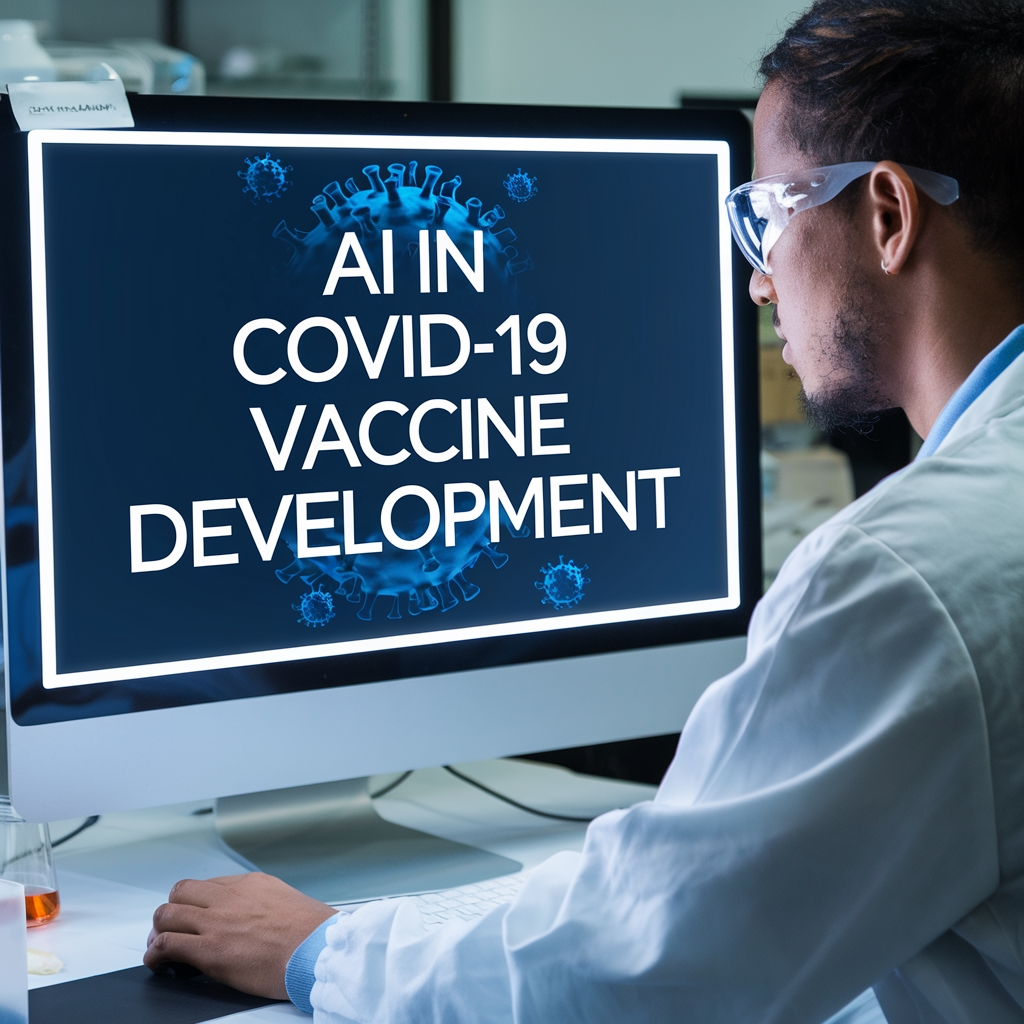
Example: AI in COVID-19 Vaccine Development
During the COVID-19 pandemic, AI helped researchers analyze vast amounts of virus-related data quickly, leading to the rapid development of vaccines.
AI’s Impact on Drug Discovery
- AI predicts how molecules interact with diseases, reducing lab testing time.
- AI selects the best candidates for clinical trials, increasing success rates.
How does AI help in personalized medicine?
AI tailors treatments to individual patients based on genetic profiles and health data.
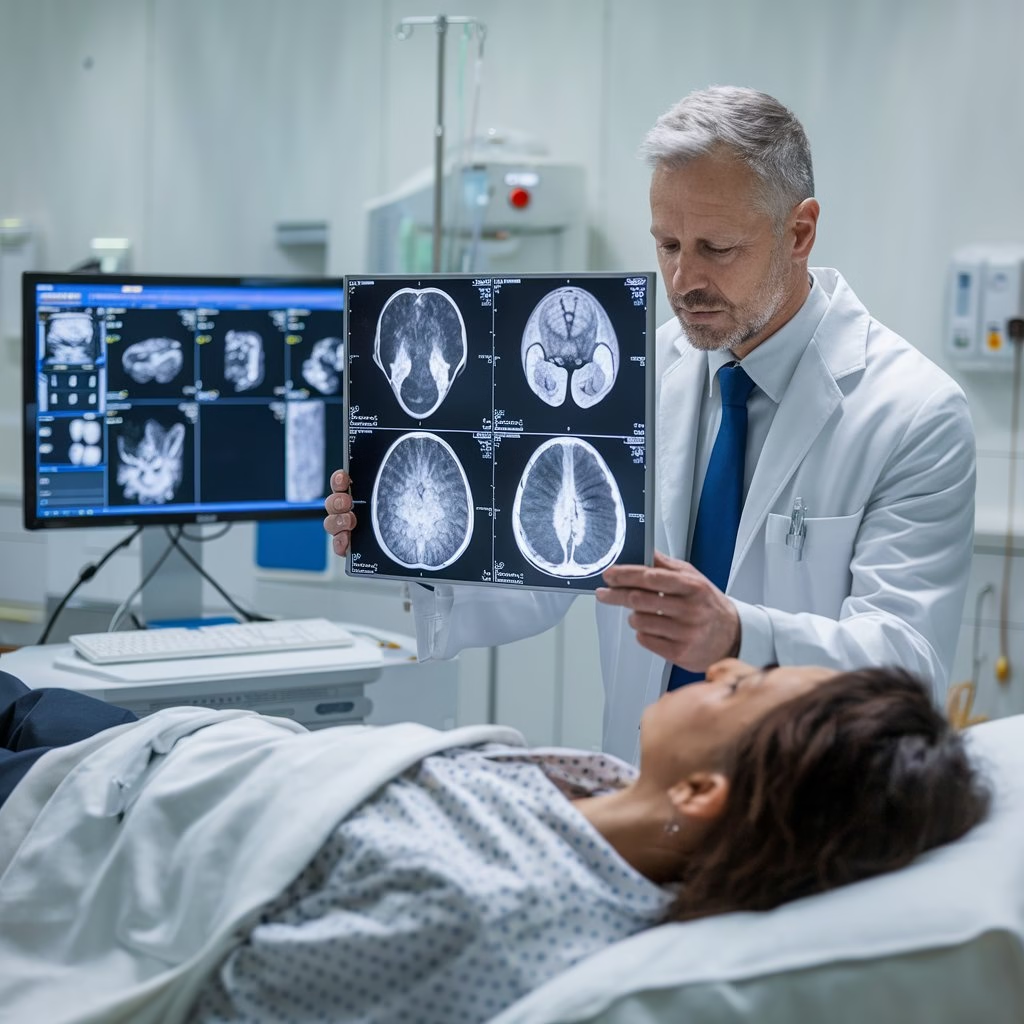
Example: AI in Cancer Treatment
IBM Watson analyzes a cancer patient’s medical history and suggests personalized treatments based on genetic markers, improving survival rates.
Advantages of AI in Personalized Medicine
- Better Treatment Plans: AI predicts which drugs will be most effective for individual patients.
- Reduced Side Effects: AI ensures patients receive treatments suited to their unique biological makeup.
Is AI in healthcare safe for patients?
AI is generally safe when regulated and validated properly. However, ongoing oversight is essential to prevent errors and biases in decision-making.
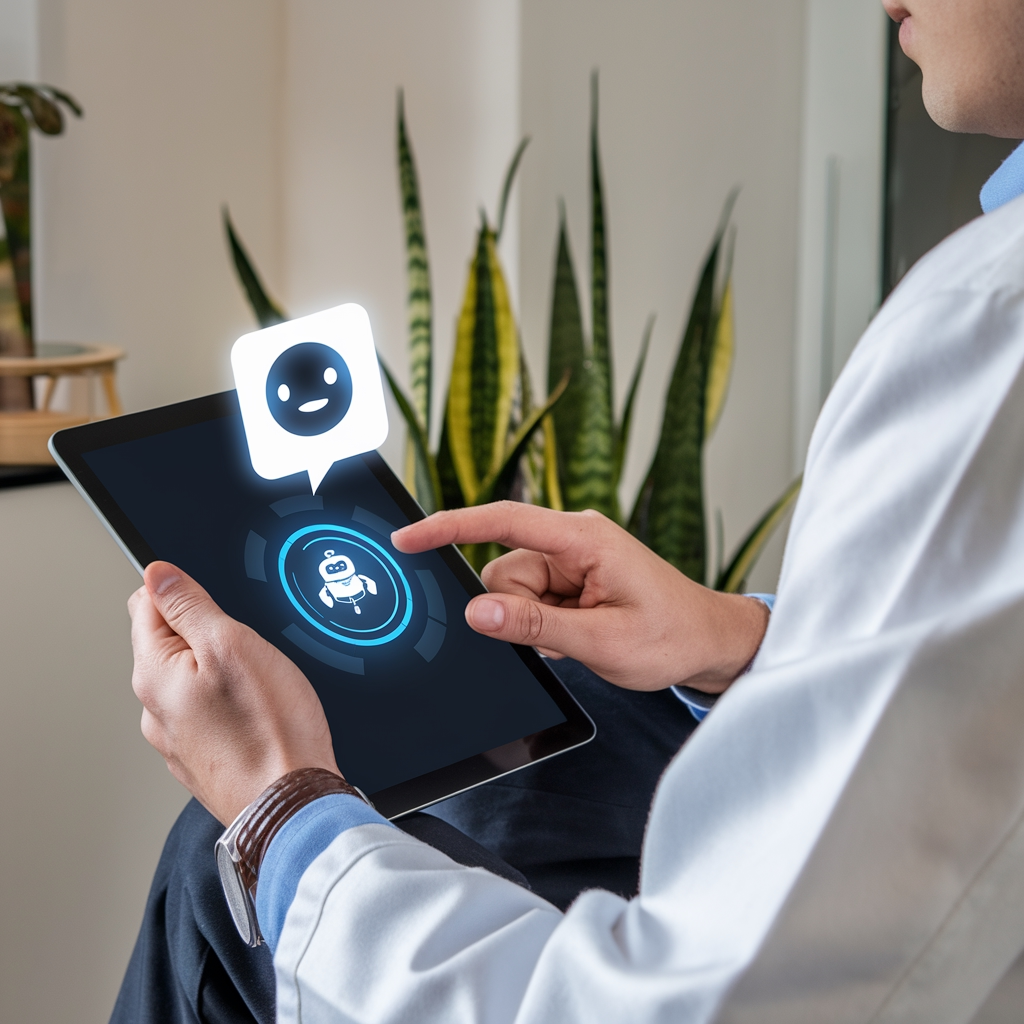
Safety Measures
- Strict testing before AI implementation in medical settings.
- Government and institutional regulations for AI usage.
- Continuous updates to AI models for improved accuracy.
By structuring these sections around common search queries, we ensure that Google can easily index and display relevant answers for users searching for AI-related healthcare topics.
